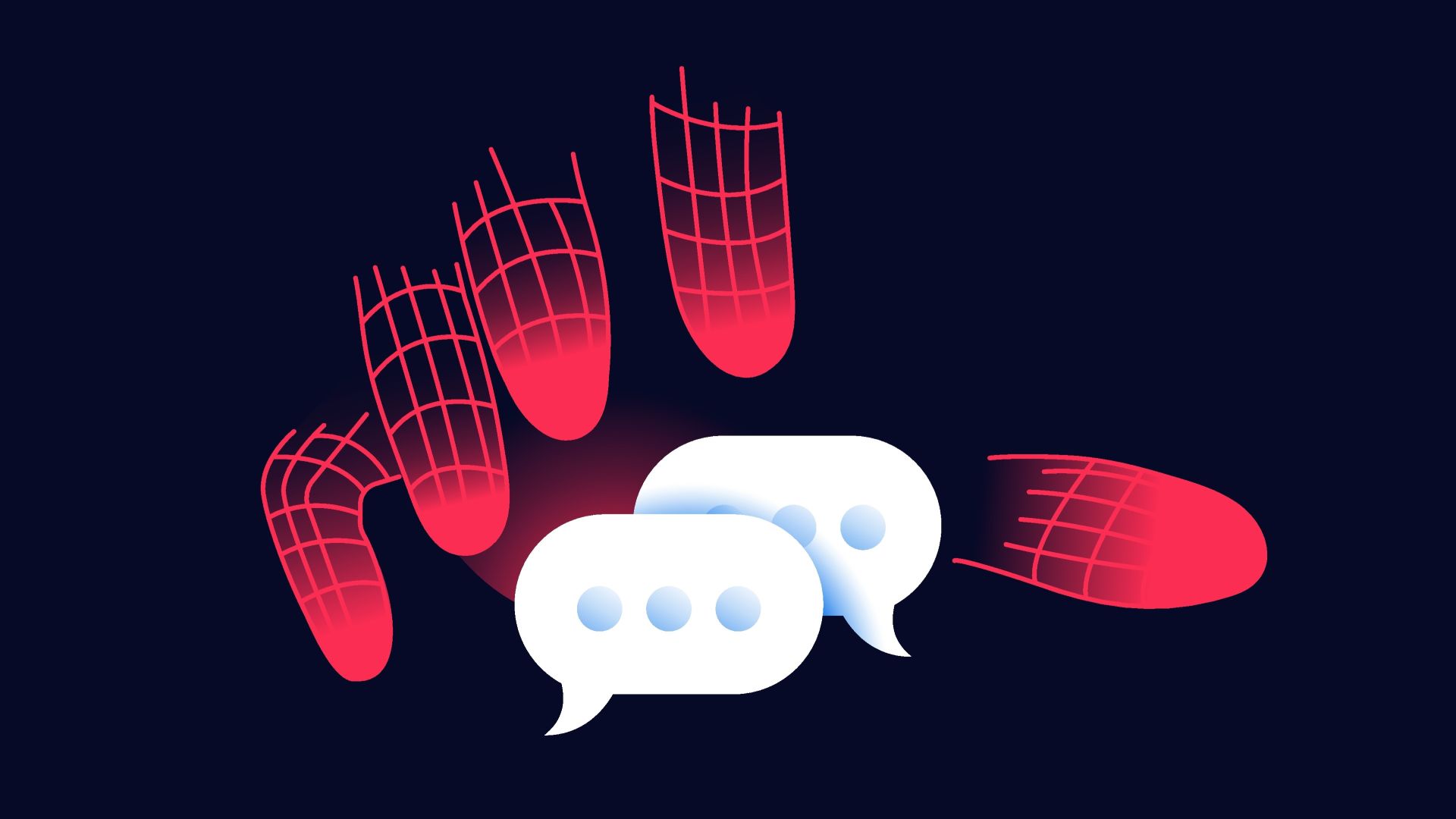Global internet freedoms deteriorated (again) in 2025 - Germany, Georgia & US lost ground
China and Myanmar are bottom of the rankings

- Internet freedoms have declined in 2025 for the 15th consecutive year
- Half of the 18 countries ranked as 'Free' have experienced a decline
- Authoritarian governments are exporting censorship tactics
The internet is more controlled and manipulated today than ever before.
That's the verdict from the annual Freedom of the Net report published on November 13. It found that global internet freedoms have worsened for the 15th consecutive year this year.
While the decline of online anonymity is a huge concern, the control of online information has kept escalating as well.
The process isn't exclusive to authoritarian nations, either. Nine of the 18 countries with an internet freedom status of 'Free' have lost ground, with the biggest declines seen in Georgia, Germany, and the US.
In 2025, citizens worldwide were once again forced to find new ways to protect their digital rights. This has driven demand for tools like the best VPNs and other censorship circumvention technologies.
A decline of democratic values
During the coverage period (June 2024-May 2025), the biggest decline in internet freedoms occurred in Kenya. In June, the government carried out a violent crackdown on nationwide protests, shutting down the internet for the first time in the country's history.
This was indicative of a wider trend that continued across several other democracies.
"In a concerning trend, conditions in democracy suffered, and half of the 18 countries ranked free by Freedom on the Net experienced score declines. Only two improved," confirmed Freedom House's Research Analyst for technology and democracy, Grant Baker.
Georgia experienced the most significant decline of any country previously rated as 'Free'. This downturn, Baker explains, followed the ruling party enacting "repressive measures" targeting civil society and independent media outlets in August 2024.
Even more surprisingly, perhaps, Germany is the next on this list. Since February, the new government "has pursued criminal prosecutions against people who made memes about politicians, invoking laws against insult and hate speech," Freedom House noted. Levels of self-censorship have also increased across the country.
📣NEW: #FreedomOnTheNet 2025 is now LIVE!https://t.co/JSsMebz1u3Suppression of mass protests, deepening censorship, and threats to free speech fueled the 15th consecutive year of decline in global internet freedom. Conditions for rights online deteriorated in 27 of the 72… pic.twitter.com/5AfPH49wgnNovember 13, 2025
The United States recorded the next-biggest decline among countries ranked 'Free' this year, following Georgia and Germany. Experts detailed that the Trump administration detained several foreign nationals for one to two months after revoking their visas due to nonviolent online expression.
"The online environment remained diverse and free, buoyed by protections offered by the US Constitution's First Amendment. However, growing restrictions on civic space threatened to stifle digital activism," said Baker.
While the setbacks among established democracies is troubling, the broader picture is still defined by extreme digital repression in authoritarian contexts.
China and Myanmar, for example, still sit at the bottom of the rankings, while Iceland held its place as the freest, followed by Estonia.
Same tactics, different governments
China, Myanmar, and Russia remain at the forefront of global internet censorship and information controls. And they continue to develop new techniques and technologies to advance their capabilities.
However, experts also uncovered a growing: the deliberate, cross-border spread of censorship technology and repressive tactics among like-minded governments.
As we previously reported, China is helping Pakistan build a Great Firewall-like internet censorship system, and, according to Freedom House, Ethiopia, Kazakhstan, Myanmar, Cambodia, and Belarus are also busy building similar infrastructure.
Given these trends, it's highly probable that we'll also record an increase in coordinated VPN censorship campaigns in these countries.
Follow TechRadar on Google News and add us as a preferred source to get our expert news, reviews, and opinion in your feeds. Make sure to click the Follow button!

Chiara is a multimedia journalist committed to covering stories to help promote the rights and denounce the abuses of the digital side of life – wherever cybersecurity, markets, and politics tangle up. She believes an open, uncensored, and private internet is a basic human need and wants to use her knowledge of VPNs to help readers take back control. She writes news, interviews, and analysis on data privacy, online censorship, digital rights, tech policies, and security software, with a special focus on VPNs, for TechRadar and TechRadar Pro. Got a story, tip-off, or something tech-interesting to say? Reach out to chiara.castro@futurenet.com
You must confirm your public display name before commenting
Please logout and then login again, you will then be prompted to enter your display name.